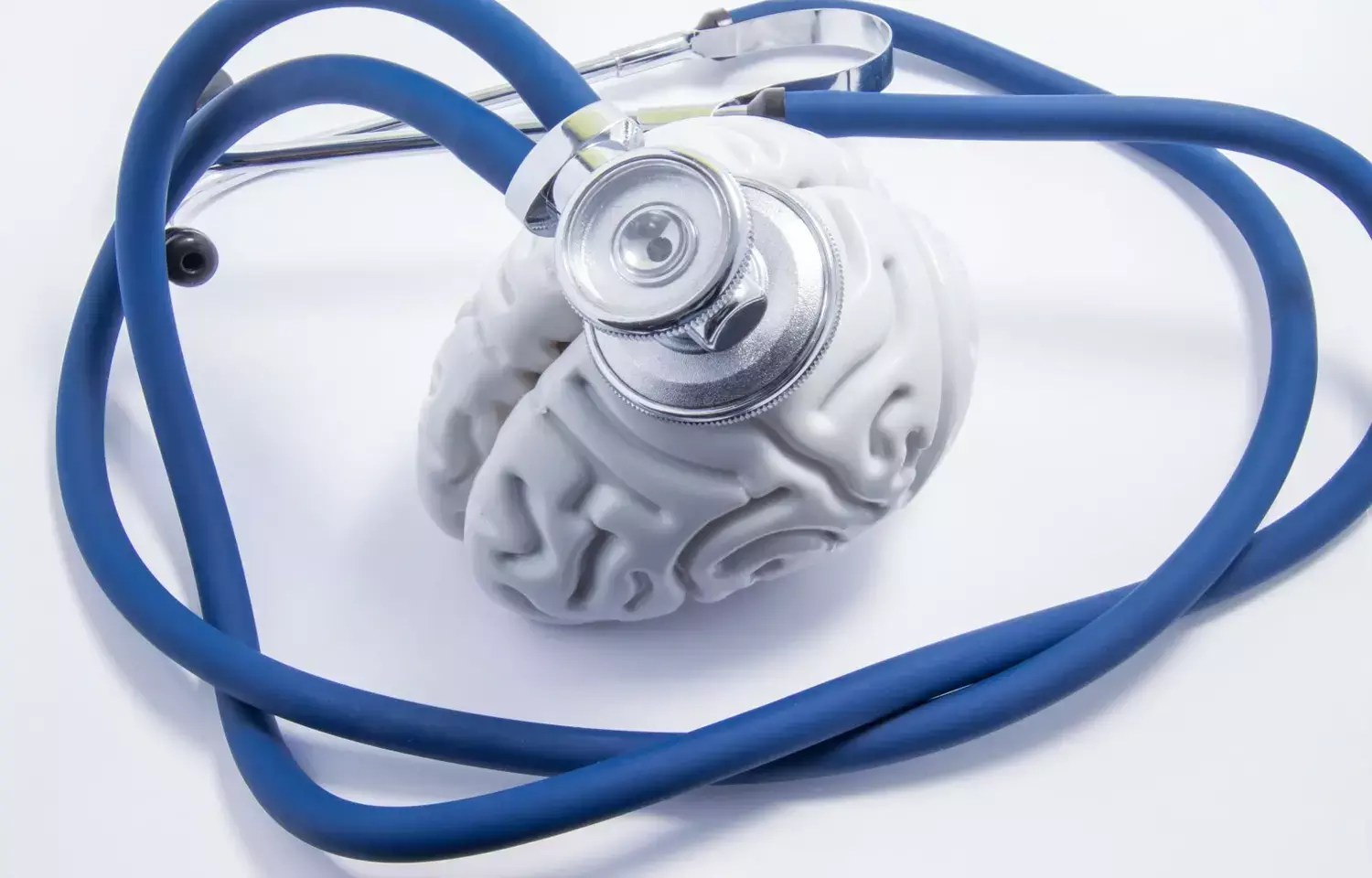- Home
- Medical news & Guidelines
- Anesthesiology
- Cardiology and CTVS
- Critical Care
- Dentistry
- Dermatology
- Diabetes and Endocrinology
- ENT
- Gastroenterology
- Medicine
- Nephrology
- Neurology
- Obstretics-Gynaecology
- Oncology
- Ophthalmology
- Orthopaedics
- Pediatrics-Neonatology
- Psychiatry
- Pulmonology
- Radiology
- Surgery
- Urology
- Laboratory Medicine
- Diet
- Nursing
- Paramedical
- Physiotherapy
- Health news
- Fact Check
- Bone Health Fact Check
- Brain Health Fact Check
- Cancer Related Fact Check
- Child Care Fact Check
- Dental and oral health fact check
- Diabetes and metabolic health fact check
- Diet and Nutrition Fact Check
- Eye and ENT Care Fact Check
- Fitness fact check
- Gut health fact check
- Heart health fact check
- Kidney health fact check
- Medical education fact check
- Men's health fact check
- Respiratory fact check
- Skin and hair care fact check
- Vaccine and Immunization fact check
- Women's health fact check
- AYUSH
- State News
- Andaman and Nicobar Islands
- Andhra Pradesh
- Arunachal Pradesh
- Assam
- Bihar
- Chandigarh
- Chattisgarh
- Dadra and Nagar Haveli
- Daman and Diu
- Delhi
- Goa
- Gujarat
- Haryana
- Himachal Pradesh
- Jammu & Kashmir
- Jharkhand
- Karnataka
- Kerala
- Ladakh
- Lakshadweep
- Madhya Pradesh
- Maharashtra
- Manipur
- Meghalaya
- Mizoram
- Nagaland
- Odisha
- Puducherry
- Punjab
- Rajasthan
- Sikkim
- Tamil Nadu
- Telangana
- Tripura
- Uttar Pradesh
- Uttrakhand
- West Bengal
- Medical Education
- Industry
Neither CABG nor PCI impact post-procedure cognitive decline risk: JAMA

USA: The type of revascularization procedure (CABG or PCI) did not impact the rate of memory decline in older adults undergoing coronary revascularization, according to a recent study in the journal JAMA.
Patients undergoing coronary revascularization are at increased risk of cognitive impairment after the procedure. It is not known whether coronary artery bypass grafting (CABG) is associated with cognitive decline in older adults compared with nonsurgical percutaneous coronary intervention (PCI). To fill this knowledge gap, Elizabeth L. Whitlock, Department of Anesthesia & Perioperative Care, University of California, San Francisco, and colleagues aimed to compare the change in the rate of memory decline after CABG vs PCI.
For this purpose, the researchers conducted a retrospective cohort study of community-dwelling participants in the Health and Retirement Study, who underwent CABG or PCI between 1998 and 2015 at age 65 years or older.
A total of 1680 patients were included; 497 had on-pump CABG, 168 had off-pump CABG, and 1015 had PCI, ascertained from Medicare fee-for-service billing records.
The primary outcome was a summary measure of cognitive tests scores and proxy cognition reports performed every 2 years in the HRS, called the memory score, which compared HRS cognitive questionnaire items against Aging, Demographics, and Memory Study samples of HRS participants.
Key findings of the study include:
- Of 1680 participants, 665 underwent CABG (168 off pump) and 1015 underwent PCI.
- In the PCI group, the mean rate of memory decline was 0.064 memory units/y before the procedure and 0.060 memory units/y after the procedure (within-group change, 0.004 memory unit).
- In the CABG group, the mean rate of memory decline was 0.049 memory units/y before the procedure and 0.059 memory units/y after the procedure (within-group change, −0.011 memory units/y).
- The between-group difference-in-differences estimate for memory decline for PCI vs CABG was 0.015 memory units/y.
- There was statistically significant increase in the rate of memory decline after off-pump CABG compared with after PCI (difference-in-differences: mean increase in the rate of decline of 0.046 memory units/y after off-pump CABG), but not after on-pump CABG compared with PCI (difference-in-differences: mean slowing of decline of 0.003 memory units/y after on-pump CABG).
"Among older adults undergoing coronary revascularization with CABG or PCI, the type of revascularization procedure was not significantly associated with differences in the change of rate of memory decline," concluded the authors.
Reference:
The study titled, "Association of Coronary Artery Bypass Grafting vs Percutaneous Coronary Intervention With Memory Decline in Older Adults Undergoing Coronary Revascularization," is published in the journal JAMA.
DOI: https://jamanetwork.com/journals/jama/article-abstract/2779992
Dr Kamal Kant Kohli-MBBS, DTCD- a chest specialist with more than 30 years of practice and a flair for writing clinical articles, Dr Kamal Kant Kohli joined Medical Dialogues as a Chief Editor of Medical News. Besides writing articles, as an editor, he proofreads and verifies all the medical content published on Medical Dialogues including those coming from journals, studies,medical conferences,guidelines etc. Email: drkohli@medicaldialogues.in. Contact no. 011-43720751


